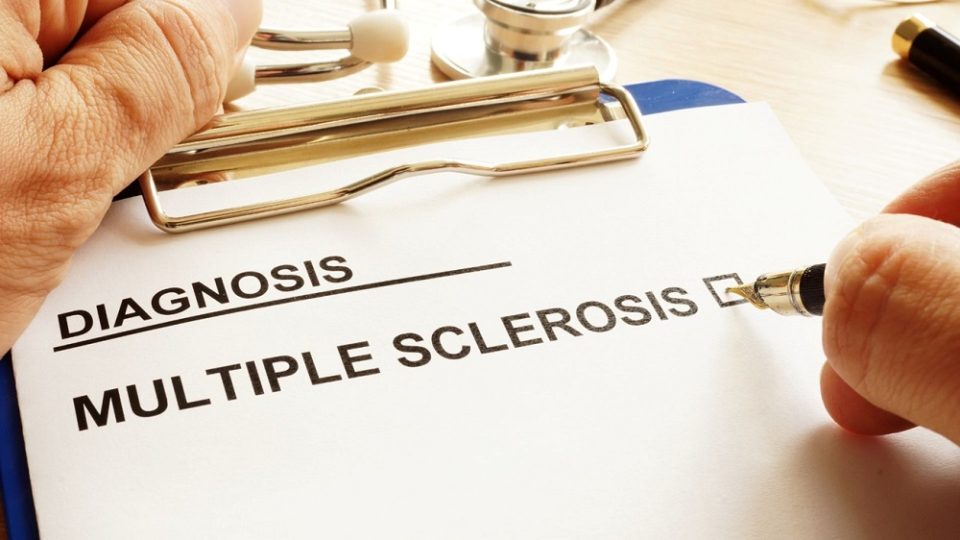Multiple sclerosis (MS) is a debilitating neurological disease that affects the central nervous system. The cause of MS is still unknown, but it is thought to be an autoimmune disorder. Also, symptoms of MS can vary widely, so knowing what to look for is important since early diagnosis and treatment can improve the prognosis. One such therapy that is showing promise for treating MS is stem cell therapy. In this article, we will discuss all you need to know about multiple sclerosis and stem cell therapy.
A Brief Overview of Multiple Sclerosis (MS)
Multiple sclerosis (MS) is a chronic, unpredictable disease of the central nervous system (CNS) that disrupts the flow of information between the brain and the body. The CNS includes the brain, optic nerves, and spinal cord. MS specifically damages myelin- which is the protective substance that covers nerve cells- and causes inflammation. The cause of MS is still unknown; however, it is thought to be an autoimmune disease- meaning that the body’s immune system attacks healthy tissue.
There are four main types of MS: relapsing-remitting, secondary-progressive, primary-progressive, and progressive-relapsing. These types are determined by the course of the disease. Most people with MS are diagnosed with the relapsing-remitting type, which is characterized by periods of remission (when symptoms go away) and relapse (when symptoms flare up).
Symptoms of MS can vary greatly from person to person and range from mild to severe. Some common symptoms include:
- Fatigue
- Numbness or tingling in the extremities
- Weakness
- Dizziness
- Blurred vision
- Muscle spasms
- Difficulty with balance and coordination
- Heat intolerance
- Depression
- Sexual dysfunction
- Pain
How is Stem Cell Therapy Helping People with MS?
Stem cell therapy is a new and promising treatment option for people living with MS. There are two main types of stem cells that are being used to treat MS: autologous stem cells and allogeneic stem cells. Autologous stem cells are stem cells that are taken from the patient’s own body. Allogeneic stem cells are stem cells that are donated by another person. These two are ultimately the most promising types of stem cells when it comes to treating MS because they have the ability to reduce inflammation and promote repair.
It will be best if you learn in detail how stem cell therapy shows great promise for managing multiple sclerosis, as this will help you immensely. Not only this, but you should also go on and read about the Different Types of Stem Cell Therapy as this will give you a better understanding.
Wrapping Up
With the help of stem cell therapy, people with MS are finally seeing hope for a potential cure. If you are living with MS or know someone who is, be sure to talk to your doctor about MS stem cell treatment in Chicago and if it might be right for you. Doing so could change your life for the better.

